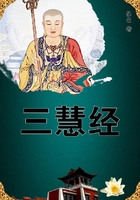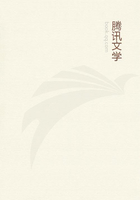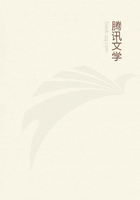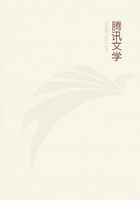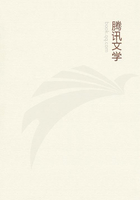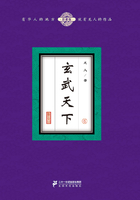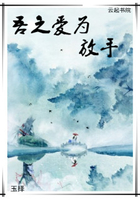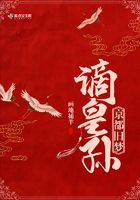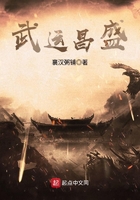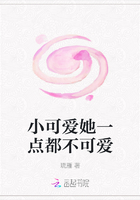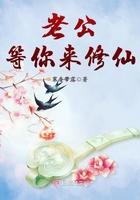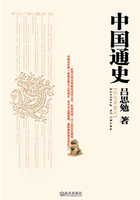A little classification will help us here. We have certain qualities in common with inanimate matter, such as weight, opacity, resilience. It is clear that these are not human. We have other qualities in common with all forms of life; cellular construction, for instance, the reproduction of cells and the need of nutrition. These again are not human. We have others, many others, common to the higher mammals; which are not exclusively ours--are not distinctively "human." What then are true human characteristics? In what way is the human species distinguished from all other species?
Our human-ness is seen most clearly in three main lines: it is mechanical, psychical and social. Our power to make and use things is essentially human; we alone have extra-physical tools. We have added to our teeth the knife, sword, scissors, mowing machine; to our claws the spade, harrow, plough, drill, dredge. We are a protean creature, using the larger brain power through a wide variety of changing weapons. This is one of our main and vital distinctions. Ancient animal races are traced and known by mere bones and shells, ancient human races by their buildings, tools and utensils.
That degree of development which gives us the human mind is a clear distinction of race. The savage who can count a hundred is more human than the savage who can count ten.
More prominent than either of these is the social nature of humanity.
We are by no means the only group-animal; that ancient type of industry the ant, and even the well-worn bee, are social creatures. But insects of their kind are found living alone. Human beings never. Our human-ness begins with some low form of social relation and increases as that relation develops.
Human life of any sort is dependent upon what Kropotkin calls "mutual aid," and human progress keeps step absolutely with that interchange of specialized services which makes society organic. The nomad, living on cattle as ants live on theirs, is less human than the farmer, raising food by intelligently applied labor; and the extension of trade and commerce, from mere village market-places to the world-exchanges of to-day, is extension of human-ness as well.
Humanity, thus considered, is not a thing made at once and unchangeable, but a stage of development; and is still, as Wells describes it, "in the making." Our human-ness is seen to lie not so much in what we are individually, as in our relations to one another; and even that individuality is but the result of our relations to one another. It is in what we do and how we do it, rather than in what we are. Some, philosophically inclined, exalt "being" over "doing." To them this question may be put: "Can you mention any form of life that merely 'is,' without doing anything?"
Taken separately and physically, we are animals, _genus homo_; taken socially and psychically, we are, in varying degree, human; and our real history lies in the development of this human-ness.
Our historic period is not very long. Real written history only goes back a few thousand years, beginning with the stone records of ancient Egypt. During this period we have had almost universally what is here called an Androcentric Culture. The history, such as it was, was made and written by men.
The mental, the mechanical, the social development, was almost wholly theirs. We have, so far, lived and suffered and died in a man-made world. So general, so unbroken, has been this condition, that to mention it arouses no more remark than the statement of a natural law.
We have taken it for granted, since the dawn of civilization, that "mankind" meant men-kind, and the world was theirs.
Women we have sharply delimited. Women were a sex, "the sex," according to chivalrous toasts; they were set apart for special services peculiar to femininity. As one English scientist put it, in 1888, "Women are not only not the race--they are not even half the race, but a subspecies told off for reproduction only."
This mental attitude toward women is even more clearly expressed by Mr. H. B. Marriot-Watson in his article on "The American Woman" in the "Nineteenth Century" for June, 1904, where he says: "Her constitutional restlessness has caused her to abdicate those functions which alone excuse or explain her existence." This is a peculiarly happy and condensed expression of the relative position of women during our androcentric culture. The man was accepted as the race type without one dissentient voice; and the woman--a strange, diverse creature, quite disharmonious in the accepted scheme of things--was excused and explained only as a female.
She has needed volumes of such excuse and explanation; also, apparently, volumes of abuse and condemnation. In any library catalogue we may find books upon books about women: physiological, sentimental, didactic, religious--all manner of books about women, as such. Even to-day in the works of Marholm--poor young Weininger, Moebius, and others, we find the same perpetual discussion of women--as such.
This is a book about men--as such. It differentiates between the human nature and the sex nature. It will not go so far as to allege man's masculine traits to be all that excuse, or explain his existence: but it will point out what are masculine traits as distinct from human ones, and what has been the effect on our human life of the unbridled dominance of one sex.
We can see at once, glaringly, what would have been the result of giving all human affairs into female hands. Such an extraordinary and deplorable situation would have "feminized" the world. We should have all become "effeminate."

